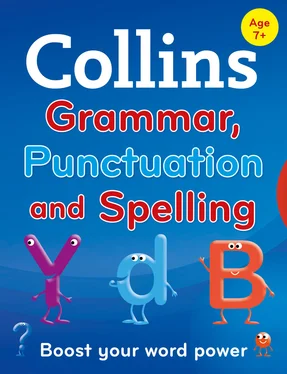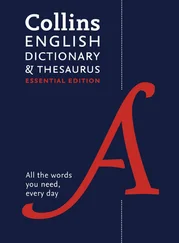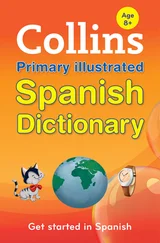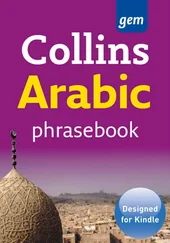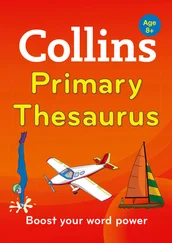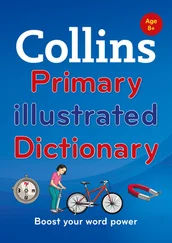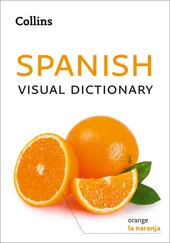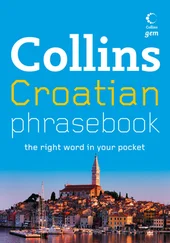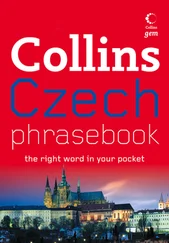A suffix is a letter or group of letters that is added to the end of a word to make a new word. Adding a suffix to a word changes a word’s meaning. When you write a suffix on its own, you put a hyphen in front of it, for example ‑ness. When you add the suffix to a word to make a new word, you do not keep the hyphen:
sad + ‑ness = sadness
There are spelling rules about adding suffixes to words. You can find these on pages 81– 85.
Two useful suffixes are ‑ful and ‑less. These are added to words to make adjectives. The suffix ‑ful means ‘full of’, while ‑less means ‘without’:
hope + ‑ful = hopeful (full of hope)
hope + ‑less = hopeless (without hope)
pain + ‑ful = painful (full of pain)
pain + ‑less = painless (without pain)
Here are some other suffixes that make adjectives:
| suffix |
meaning |
example |
| ‑able |
able to |
readable |
| ‑al |
related to |
traditional |
| ‑ary |
related to |
revolutionary |
| ‑ible |
able to |
reversible |
| ‑ic |
related to |
rhythmic |
| ‑ish |
fairly or rather |
smallish |
| ‑ist |
prejudiced |
racist |
| ‑ive |
tending to |
divisive |
| ‑like |
resembling |
dreamlike |
| ‑ous |
full of |
perilous |
| ‑y |
like or full of |
grassy |
There are some suffixes that mean ‘the state of’, ‘the condition of’ or ‘the quality of’. These make nouns:
| suffix |
example |
| ‑ness |
blind + ‑ness = blindness |
| ‑ity |
stupid + ‑ity = stupidity |
| ‑ance |
accept + ‑ance = acceptance |
| ‑ation |
legalize + ‑ation = legalization |
| ‑dom |
bore + ‑dom = boredom |
| ‑ence |
depend + ‑ence = dependence |
| ‑hood |
child + ‑hood = childhood |
| ‑ion |
elect + ‑ion = election |
| ‑ship |
dictator + ‑ship = dictatorship |
Other suffixes that make nouns include:
| suffix |
meaning |
example |
| ‑er |
person who does something |
painter |
| ‑er |
thing that does something |
fastener |
| ‑er |
person from a place |
islander |
| ‑ant |
person who does something |
defendant |
| ‑ism |
action or condition |
criticism |
| ‑ism |
prejudice |
sexism |
| ‑ment |
state of having |
employment |
| ‑ology |
study of |
biology |
Suffixes that make verbs include:
| suffix |
meaning |
example |
| ‑ate |
become or take on |
hyphenate |
| ‑ise or ‑ize |
change or affect |
motorise |
| ‑ify |
make or become |
purify |
| ‑en |
make or become |
dampen |
To make an adverb from an adjective you add the suffix ‑ly, which means ‘in this way’:
kind + ‑ly = kindly
proper + ‑ly = properly
real + ‑ly = really
week + ‑ly = weekly
Root words
A root word is a word which can stand alone and still make sense, for example read. You can add prefixes and suffixes to a root word in order to make new words:
read reads reading reader readable misread reread
Compound words
A compound word is one that is made from two or more root words. Lots of English words are made in this way.
girl + friend = girlfriend
soft + ware = software
after + shave = aftershave
Compound words can be written in different ways:
• as one word: bookcase wallpaper outrun skateboard
• as two words: post office fire engine eye shadow Roman Catholic
• with a hyphen: bone-dry one-way face-lift middle-of-the-road
Word families
A word family is a group of words that are related to each other because they come from the same root word.
sign signature signage signify significant signpost signal undersign design designate
solve solver solvent soluble solution dissolve resolve
Writing good English
Once you know how sentences are made, you can start to put them together to make longer pieces of writing. A group of sentences together is called a paragraph.
Paragraphs
You start a paragraph on a new line. A paragraph contains one idea or one part of an argument. When you want to introduce another idea or another part of an argument, you start a new paragraph:
More British households have dogs than any other pets. A survey has found that 25% of homes in the UK have a dog. The labrador retriever remains the most popular dog, followed by the cocker spaniel and springer spaniel.
Cats are the next most popular pet in the country, being found in 19% of British homes. The favourite breed by far is the shorthair domesticated cat, although the Siamese, Burmese and Persian are all increasing in popularity.
If you are quoting direct speech, you start a new paragraph for each new speaker.
“Are you playing in the match after school today?” asked Nathan.
“No,” replied Simon. “I have to go to the dentist.”
If you are writing a story, each new event in the story should have its own paragraph. You do, however, need to link paragraphs to bring your writing together. This is called cohesion. If a piece of writing has cohesion then it all joins together smoothly.
Cohesion
There are a number of ways to add cohesion to your writing.
Use of tense
You need to keep your tenses consistent in a piece of work. This means that if you start off in the present tense, you keep to the present tense all the way through. If you start in the past tense, keep to the past tense.
Zack is nervous. He has to sing a solo at the school concert next week. He is worried that he will forget the words or sing out of tune. The teacher tells him that he will be fine.
Cohesive devices
These are words that connect different parts of the text. These include:
Determiners
We went to the pond to feed the ducks. They swam towards us eagerly.
(They links with the ducks in the first sentence)
I really enjoyed my school days. Those were the best days of my life.
(Those links with school days)
Pronouns
The runners are ready to go. They are waiting for the starting pistol.
(They links with the runners)
I don’t like my maths teacher. He shouts a lot.
(He links with my maths teacher)
Conjunctions
I will need to save up some money before I can buy a new phone.
(before shows time relationship)
Please let me know when you want to go home.
(when shows time relationship)
Adverbs
I clean my teeth. Then I get dressed. (Then shows time relationship)
I get dressed. Next I make my lunch. (Next shows time relationship)
Connectives
Conjunctions and adverbs are also known as connectives. They connect ideas between clauses and sentences.
I am scared of horses. Nevertheless, I am going riding tomorrow.
We are moving house. Therefore, I will be changing schools.
Some other connectives are:
later
afterwards
previously
similarly
furthermore
moreover
on the other hand
in contrast
however
meanwhile
Ellipsis
Ellipsis is missing out a word or phrase that you would normally include. By doing this, you can link clauses and sentences.
Читать дальше
